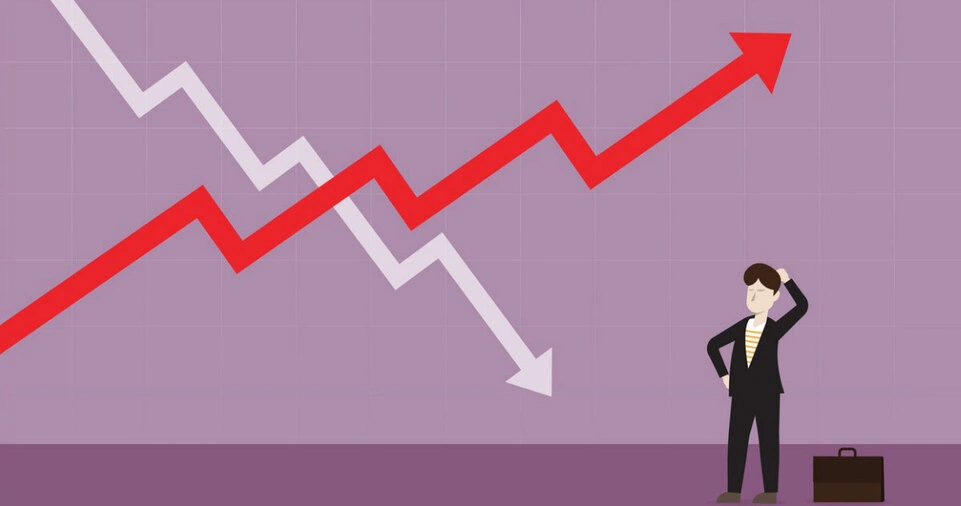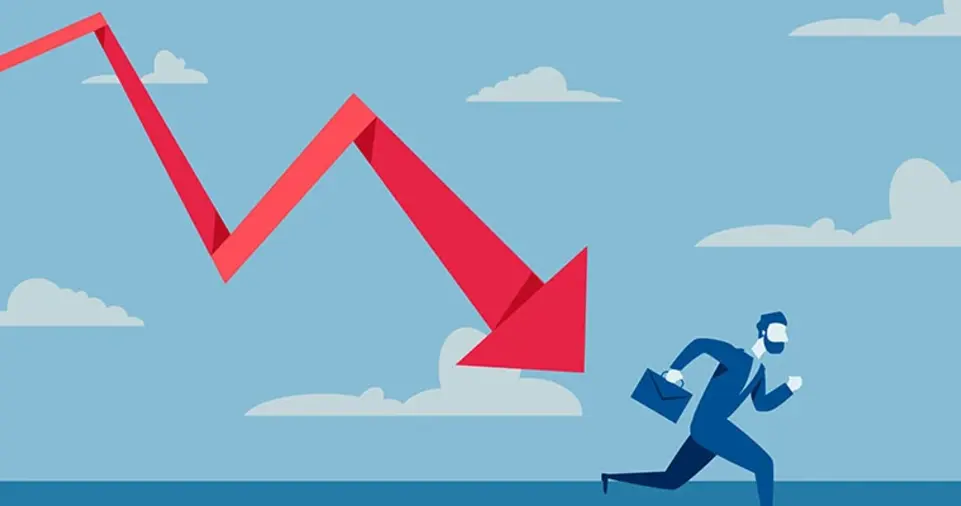A recession can be a challenging time for individuals and businesses alike. Economic downturns often lead to job losses, market volatility, rising inflation, and financial uncertainty.
Many people experience a decline in their income while essential expenses continue to rise.
Without a well-thought-out financial plan, it becomes difficult to manage expenses and make informed investment decisions.
However, with the right strategies, you can navigate a recession wisely and even position yourself for future financial growth.
During a recession, making smart financial decisions becomes more crucial than ever.
Cutting unnecessary expenses, building an emergency fund, investing wisely, diversifying income sources, and staying informed about market trends are some key strategies to maintain financial stability.
This comprehensive guide will provide you with actionable steps on how to manage your finances effectively during a recession.
Whether you’re looking to protect your savings, invest safely, or increase financial security, these tips will help you make informed choices.
Read on to explore the best financial practices that can safeguard your economic well-being during tough times.
Step By Step Guide to Make Smart Financial Decisions During a Recession

Understanding a Recession and Its Impact
What is a Recession?
A recession is defined as a period of economic decline, typically marked by a decrease in GDP (Gross Domestic Product) for two consecutive quarters.
This downturn leads to reduced consumer spending, high unemployment rates, lower business revenues, and decreased stock market performance.
How a Recession Affects Your Finances
- Job Security Risks: Companies may lay off employees or freeze hiring, affecting job stability.
- Stock Market Fluctuations: Investment values may decline, impacting retirement funds and personal investments.
- Rising Inflation: The cost of living may increase, making it harder to manage expenses.
- Lower Business Profits: Small businesses may struggle due to decreased consumer demand.
- Interest Rate Changes: Loan rates may rise, making borrowing more expensive.
Understanding these financial impacts is essential to prepare for and mitigate potential risks during an economic downturn.
Building an Emergency Fund
Importance of an Emergency Fund
An emergency fund is crucial during a recession as it provides financial security in case of job loss, unexpected medical expenses, or other emergencies.
Having a cash reserve prevents the need to rely on credit cards or loans, which can lead to increased debt.
How Much Should You Save?
Financial experts recommend saving at least 3 to 6 months’ worth of living expenses in an easily accessible account, such as a high-yield savings account.
Tips to Build an Emergency Fund
- Automate Savings: Set up automatic transfers to your savings account.
- Cut Unnecessary Spending: Reduce dining out, subscriptions, and luxury expenses.
- Increase Income: Take on freelance work or a side hustle to boost savings.
- Use Windfalls Wisely: Allocate tax refunds, bonuses, or extra income to your emergency fund.
Having a strong emergency fund ensures financial stability even in uncertain economic conditions.
Cutting Unnecessary Expenses
Why Expense Reduction is Crucial
During a recession, every dollar counts. Cutting unnecessary expenses helps in maintaining financial security and allows you to allocate funds to essential needs.
Smart Ways to Cut Costs
Review and Reduce Recurring Expenses
- Cancel or downgrade subscription services (e.g., streaming platforms, gym memberships).
- Negotiate lower utility bills and switch to cost-effective providers.
- Compare insurance policies and look for better rates.
Adopt a Budget-Conscious Lifestyle
- Cook at home instead of eating out.
- Shop during sales and use coupons.
- Use public transportation instead of personal vehicles to save on fuel.
- Opt for generic brands instead of expensive name brands.
By making small adjustments to your spending habits, you can free up funds for more critical financial needs.
Avoiding Unnecessary Debt
Why Debt Can Be Dangerous During a Recession
Debt can become overwhelming if income decreases. High-interest credit card debt and loans can strain your finances and make it difficult to stay afloat during an economic downturn.
Strategies to Manage and Reduce Debt
- Prioritize High-Interest Debt: Pay off credit cards first to avoid accumulating interest.
- Negotiate Lower Interest Rates: Contact lenders to discuss better repayment terms.
- Avoid New Debt: Postpone large purchases and avoid unnecessary loans.
- Use the Snowball or Avalanche Method: Pay off small debts first (snowball) or tackle high-interest debts first (avalanche) to become debt-free faster.
Managing debt wisely ensures financial resilience during challenging times.
Diversifying Your Income
Why Income Diversification Matters
Relying on a single source of income is risky during a recession. Diversifying your income ensures financial stability even if one source declines.
Ways to Increase Income Streams
- Freelancing: Use skills in writing, graphic design, programming, or consulting.
- Online Business: Start an e-commerce store or sell digital products.
- Passive Income: Invest in dividend stocks, real estate, or peer-to-peer lending.
- Part-Time Jobs: Consider gig economy jobs like food delivery or ridesharing.
Having multiple sources of income reduces financial risks and helps you stay financially secure during uncertain times.
Investing Wisely During a Recession
Smart Investment Strategies
- Focus on Long-Term Investments: Stick to a diversified portfolio and avoid panic selling.
- Invest in Recession-Proof Industries: Healthcare, utilities, and essential consumer goods tend to perform well.
- Use Dollar-Cost Averaging: Invest regularly instead of trying to time the market.
- Avoid High-Risk Investments: Stay away from volatile stocks and speculative assets.
Should You Invest During a Recession?
Yes! A recession presents opportunities to buy undervalued assets. Investing wisely during downturns can lead to significant gains in the long run.
Enhancing Job Security and Career Growth
Protecting Your Job During a Recession
- Improve Skills: Take online courses to stay relevant in your field.
- Network Actively: Connect with professionals and stay updated on job opportunities.
- Increase Productivity: Demonstrate value to your employer to reduce layoff risks.
Staying proactive in your career can enhance job security even during tough economic times.
ALSO READ:
Final Thoughts
Recessions can be financially challenging, but with the right strategies, you can safeguard your finances and even find opportunities for growth.
Focus on building an emergency fund, cutting unnecessary expenses, avoiding debt, diversifying income, and making informed investments.
By implementing these smart financial decisions, you can navigate economic downturns with confidence and resilience.
Would you like to learn more about investment strategies or specific side hustle ideas during a recession?
Let us know in the comments!







